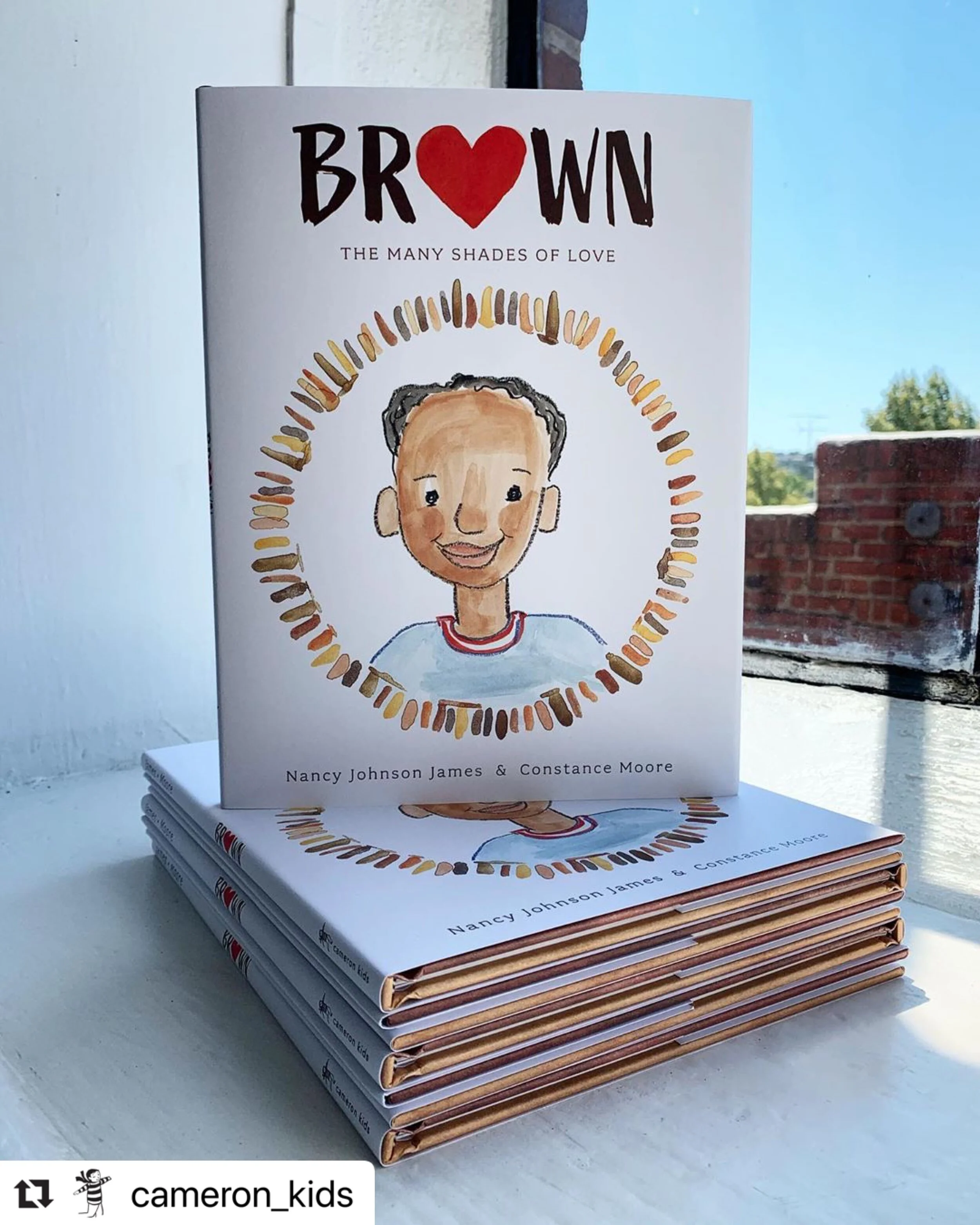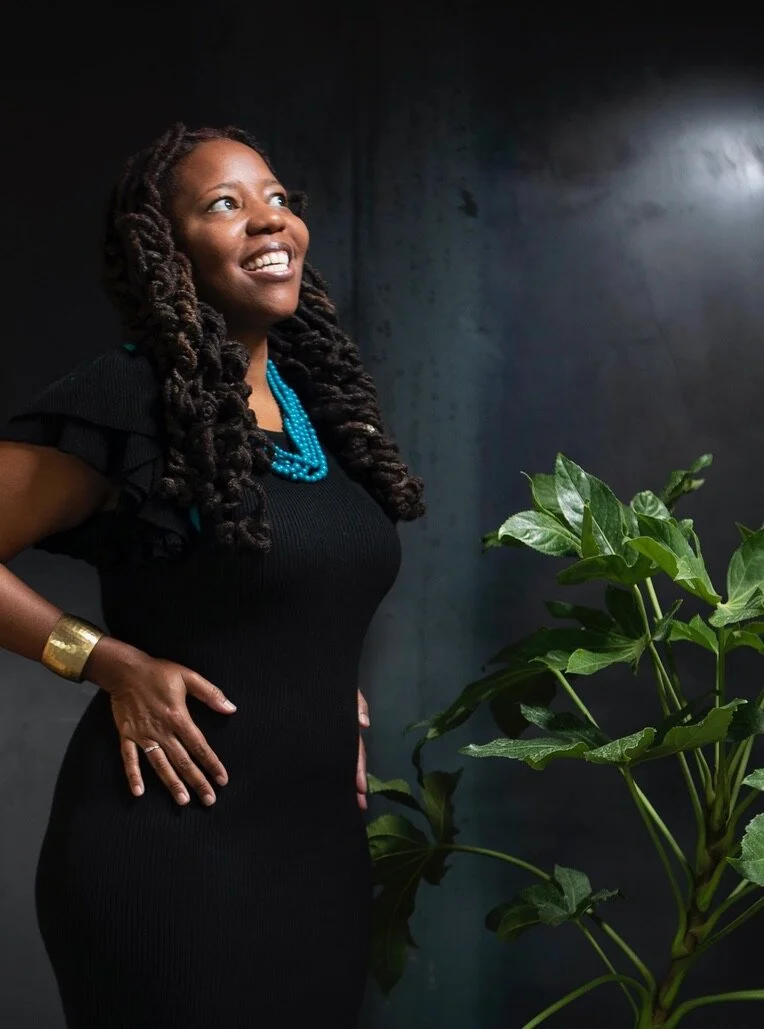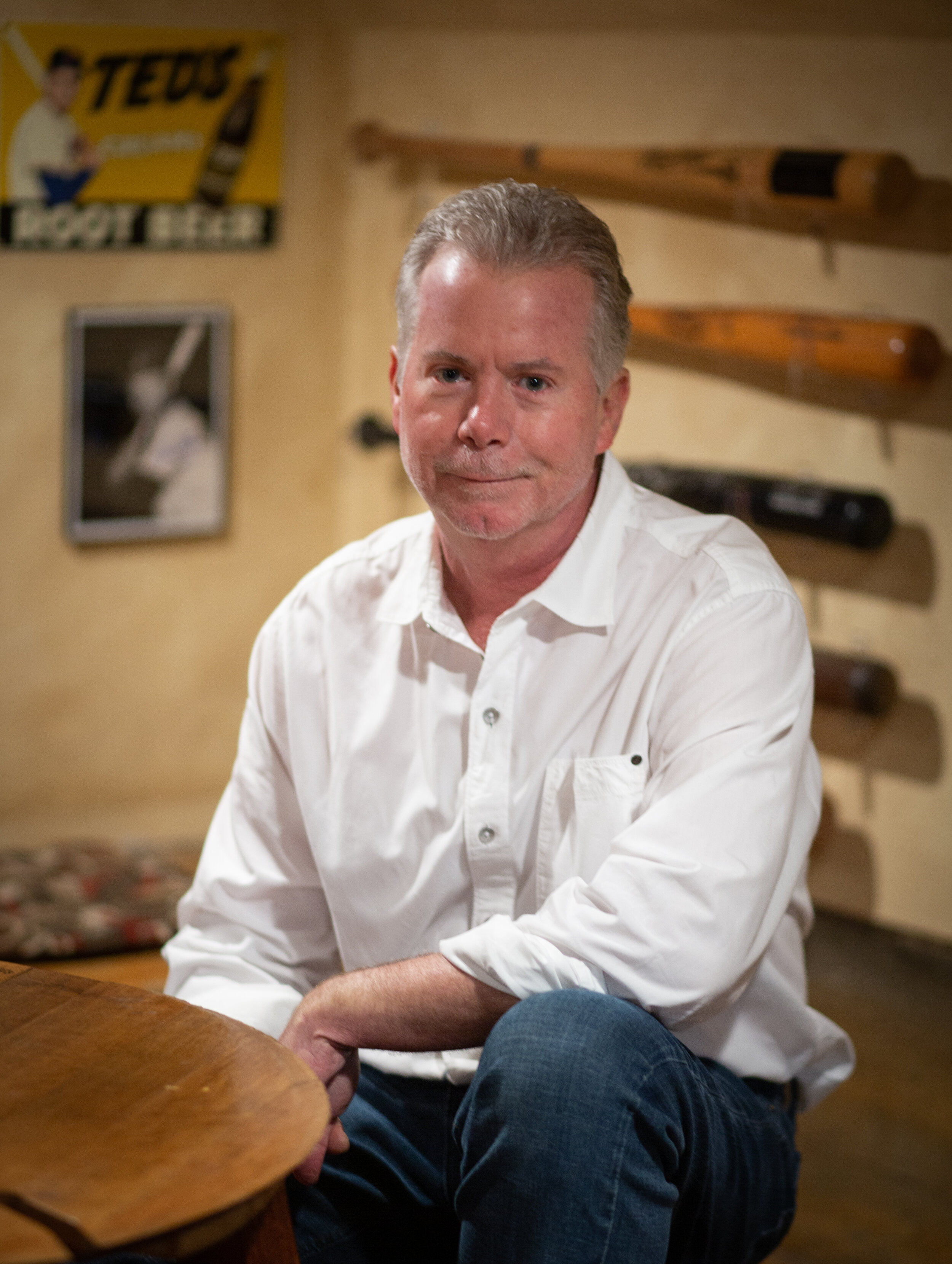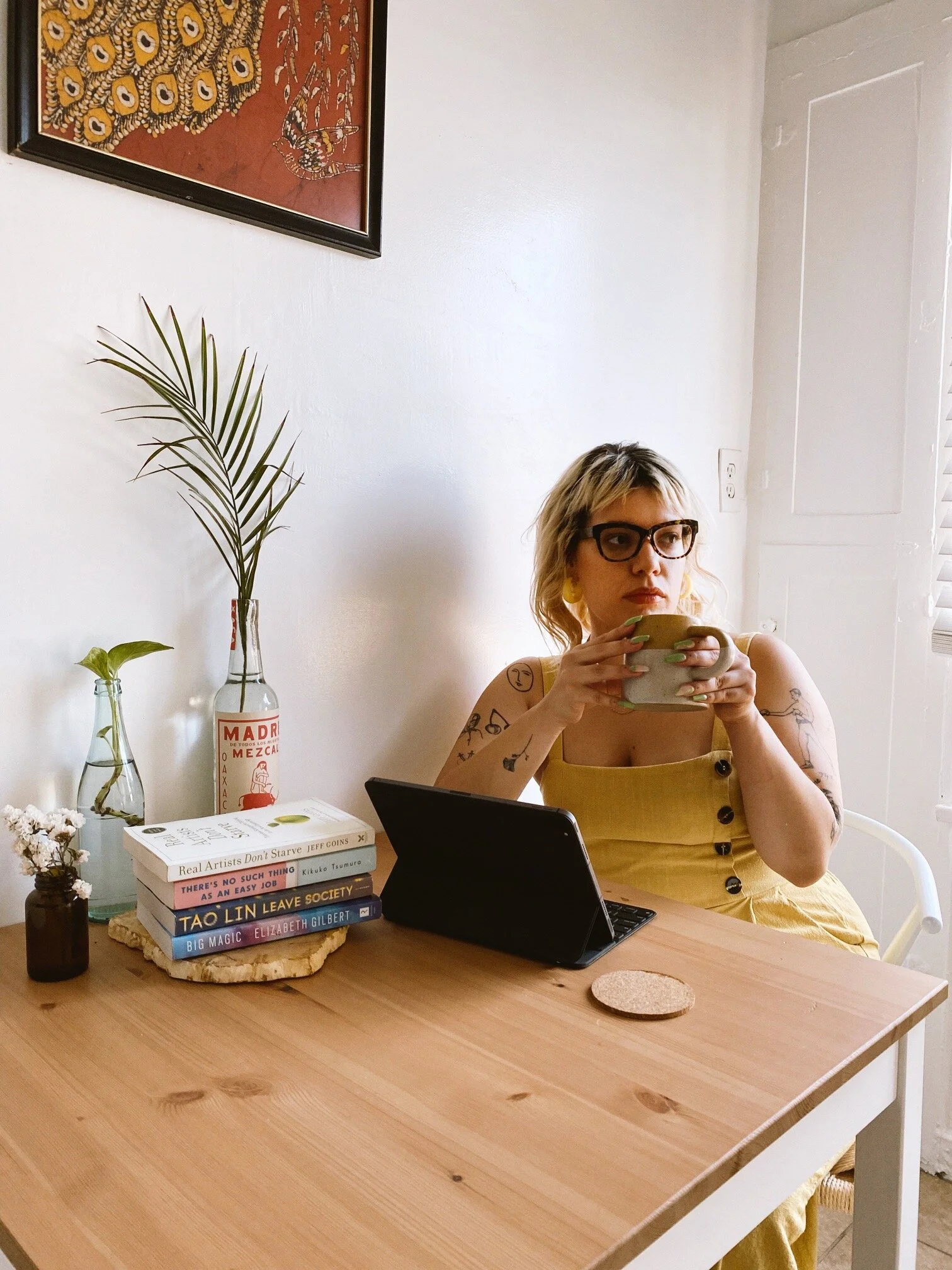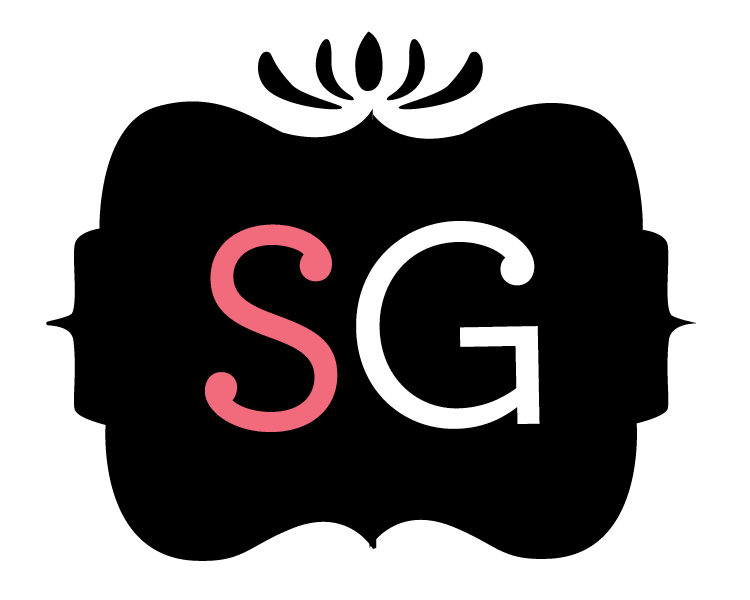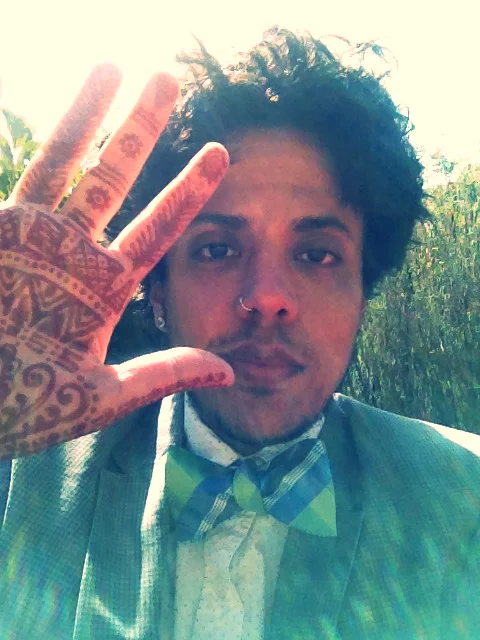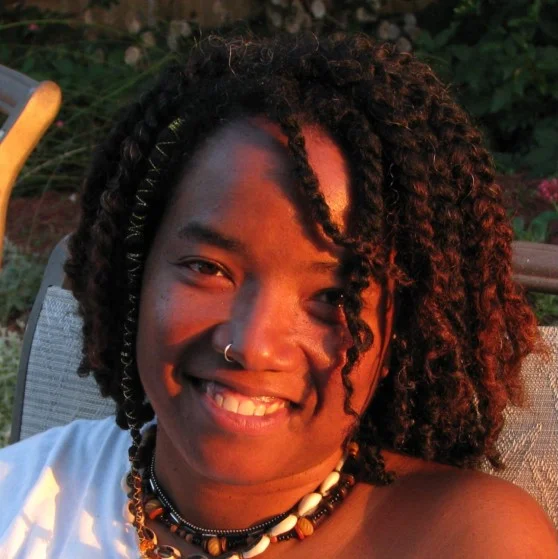Zooming In On Beads of Sweat: Interview with Amir Rabiyah
“Sometimes walls exist inside of us. We create them to keep ourselves safe, or to shut people and ideas out,” says poet Amir Rabiyah of the recently released anthology Writing the Walls Down: A Convergence of LGBTQ Voices, which they co-edited with Helen Klonaris. Writing the Walls Down features forty-five international writers and artists in conversation with the idea of walls, both physical and metaphorical.
“I'm really proud of this collection, and the bravery and brilliance of all of our contributors,” says Rabiyah.
Likewise, I’m proud to introduce Amir Rabiyah to the Sexy Grammar Blog. In this interview, we discussed their current project, a novel in poems, and what it’s taking to write it.
Kristy Lin Billuni: Tell me about The Disappeared. It’s based on a very old story?
Amir Rabiyah: Yes, The Disappeared is a novel in poems and a queer retelling of the story of Jonah and the Whale. It's about refugees, queerness, exile, diaspora, science and environmental justice.
KLB: That’s a big list of topics. Can you zero in on one that’s important to you now?
AR: There have always been refugees. This is one of our oldest stories as human beings. Right now, there seems to be an even more intense crisis. Black and brown people are being forced to leave their homelands and flee to European countries or to the United States. Many of those countries played a role in creating the oppression in their homelands. The pain of this is passed down through the generations.
KLB: And you have some personal experience with this.
AR: Yes, I experienced this pain in my own family, being that my father is Lebanese and Syrian and my mother is Cherokee and white. I grew up with the Lebanese Civil War as a constant presence in my home as a kid. Had the war not happened, I would have been born there, I would speak Arabic fluently, and my life would have been different. While growing up in the United States has its privileges, there was always this sense that I never belonged here, even with my mother being Indigenous did not change that.
KLB: And how does this connect to the environment?
AR: I feel that we have to talk about the real ways in which war and colonialism impact our day to day lives and our collective psyches. War doesn't just destroy human beings. War and capitalism are devastating to our ecosystem and environment. One of the main characters in my collection is a humpback whale, and the whale is one of the voices who is speaking to the impact of war on the environment.
KLB: You draw inspiration from very intense topics.
AR: The type of writing I'm called to do demands a great deal of me emotionally and spiritually. I don't always love being a writer and being so sensitive. It's rigorous. It can be isolating.
KLB: I think a lot of writers have very painful and isolating stories to tell. It can be hard just to get through the process of writing it down. How do you do it?
AR: How and where I write really depends on how I'm feeling on any given day. Since I live with multiple chronic illnesses, I sometimes am confined to my bed or my apartment. So I might be writing for small bits of time, either in my notebook or on my computer. Sometimes, I just write down certain images or lines that come to me. This is all I can do some days. Other times, if I feel blocked, I read fiendishly. I'm usually reading a book of poems and a novel within any given day.
KLB: I hear a lot of writers getting frustrated with themselves because the work takes too long. It sounds like you have accepted your own writing pace as part of your process.
AR: I work very slowly. It's a painstaking process. I will sometimes deliberate over a few sentences for years. Other times, things flow into me more naturally, more quickly. But those occasions are rare. I think my slowness has to do with my understanding of the power of the word, how words contain energies and vibrations, histories and stories. They can contribute to our liberation, or our oppression. And to the best of my ability, I want my words to create less harm in the world. So my slowness has a lot to do with that. I have poems that have had twenty or thirty drafts, and others that only had a few. It depends on how the poem came to me, what it's about, what it's trying to do. Some are more challenging to write and to revise, others feel more easeful.
KLB: Do you have a way of knowing when you’re getting close to that completion point?
AR: I always ask myself is, "what is the intention of this poem, and have I achieved it?" I don't know if I always get there, but I try to get as close as possible.
KLB: You take writing very seriously, which I admire so much. But as a teacher, I also emphasize a more pleasurable, indulgent, sexy side of writing. Do you ever feel like writing is sexy?
AR: I don't always find writing to be sexy. But there are those times when there is that deep connection to the word, and my whole body is buzzing, and there is a sensuality to the slowness and the closeness and the simultaneously expansiveness of the poem, something like zooming in on beads of sweat and being able to make something beautiful out of that.
KLB: Do you think about your connection to readers?
AR: I want my work to connect with people at their core, inspire them to think more deeply, to feel moved and to want to then create their own change in the world. I think the part of writing that I do love is around connecting with other people.
KLB: Do you turn to other writers for feedback?
AR: I used to work with other writers a great deal to get feedback. Now, I generally work with other writers when I have a series of poems or a collection that I feel ready to share.
KLB: It’s such a delicate balance for writers: community engagement and solo work time.
AR: Sharing my work is vulnerable, but when I connect with other people who tell me that they return to my work to feel less alone, or isolated, or that they felt moved or inspired by my words, those are the moments that I love being a writer. Ultimately, I work in isolation so that I can create work that connects me to other people. That is unifying.
I love to talk to writers like Amir Rabiyah, about the intense, slow, sexy process of creativity. Purchase a copy of Writing the Walls Down: A Convergence of LGBTQ Voicesdirectly from the publisher. Read Amir’s poetry on their website, and go give them some love on Goodreads and Facebook. To meet more writers in social media, follow me, The Sexy Grammarian, on Facebook or Twitter. Yearning to jump into the writer’s life yourself? My free ebook, Arouse Your Writer Self, will get you going. Want more? Private sessions with me are more affordable than you think, and the first one’s free.

